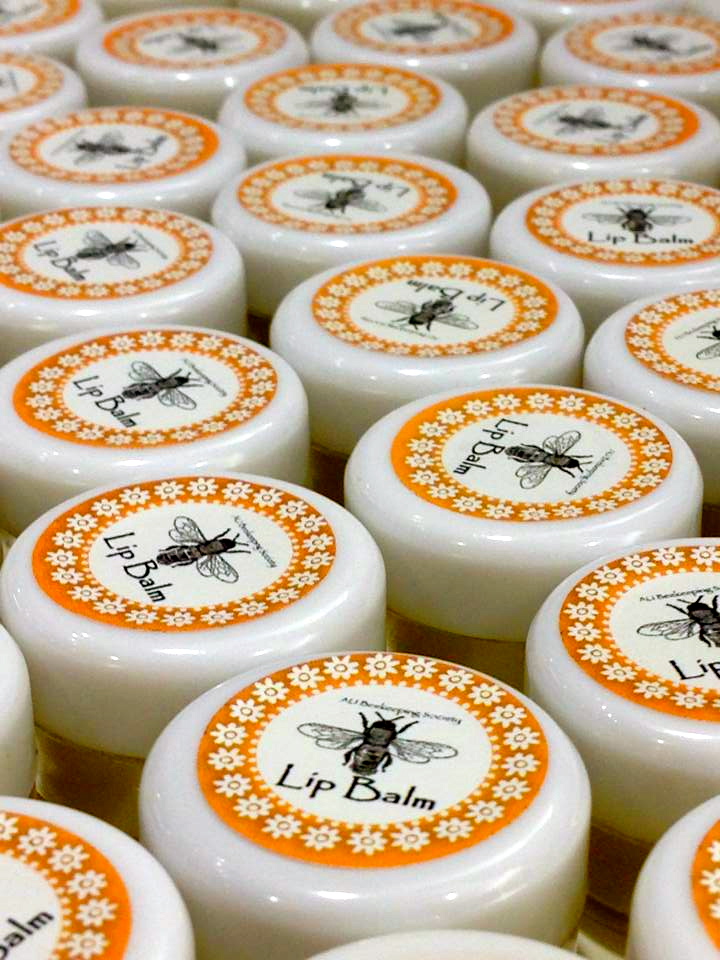Student-grown Sustainable Foods at AU
Anwen Baumeister , a sophomore double majoring in International Studies and Environmental Studies, came up with the idea of making local teas when she noticed the variety of edible herbs that grow on campus.
Baumeister is a member of the Green Eagles, a group of about 18 students that educates the student body about the environment, with a different theme each month. October’s theme, the month Baumeister began brewing her teas, was sustainability. However, Baumeister gathers the tea leaves herself, and her project is not connected to Green Eagles.
“I saw them [the herbs] and thought, ‘If they’re here why not make use of them?’ I picked some of the herbs and introduced the idea to the Dav to make into teas,” Baumeister said.
The teas were a hit. In just three weeks, the Dav sold 300 teabags,,and the Office of Sustainability purchased 450 teabags.
The teas come in flavors like sage, lavender, mint and rose hip and basil and raspberry. Each tea sells for 75 cents, and the profit goes directly to AU’s community garden, where most of the herbs are grown.
Similarly, Samantha Kenny, a sophomore and Environmental Studies major creates locally made goods as a member of the Beekeeper Club.
American University has four beehives on campus, located on the rooftops of the Mary Graydon Center. Twice a year, Kenny and the Beekeeper Club harvest 90 pounds of honey, some of which is made into lip balm and sold by the Dav for $3. The rest of the honey is bottled and sold for $5 to those who come to the harvest days in October and April.
The Beekeeper Club, which has about 90 members, takes care of the hives, although the bees are generally self-sufficient.
“I always hear that people are annoyed at the amount of bees on campus,” Kenny said. “What they don’t realize is that they are actually really docile. They’re the reason we have such a beautiful campus. Not to mention they pollinate about a third of our crops.”
Both Kenny and Baumeister hope to keep the sustainable and local food trends going at American University.
“Take advantage of what’s around you,” Baumeister said.“Be aware of the resources you have in your own backyard. That’s the whole point of sustainability.”












